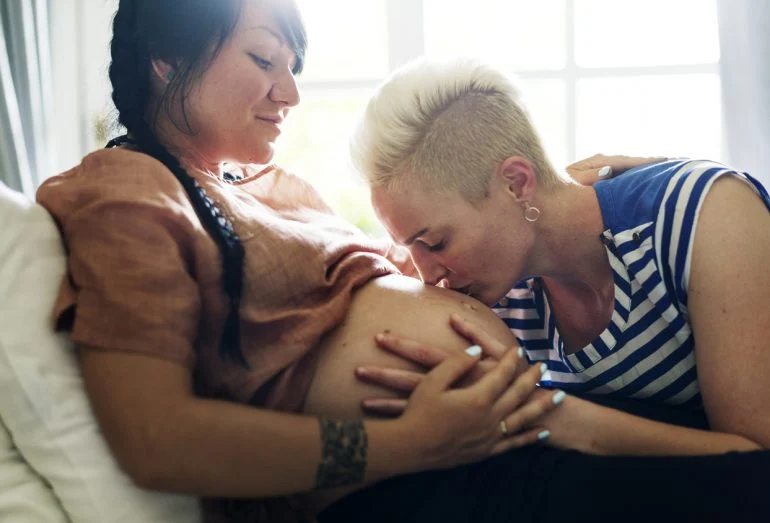Vitamin E is a vital nutrient that often flies under the radar when discussing health and fertility. This powerful antioxidant plays a significant role in protecting cells from damage, which is essential for overall well-being and reproductive health. Let’s delve into how Vitamin E can impact fertility for both men and women.
Vitamin E and Women’s Fertility
For women, Vitamin E contributes to hormonal balance, which is crucial for regulating menstrual cycles and supporting ovulation. Additionally, it has been linked to improved egg quality, making it a key player in the conception process. Women struggling with infertility may find that incorporating Vitamin E-rich foods or supplements into their diet can enhance their chances of successful conception.
Vitamin E and Men’s Fertility
On the other hand, men also benefit from Vitamin E’s properties. Studies suggest that this vitamin can enhance sperm quality by reducing oxidative stress, which can lead to DNA fragmentation in sperm. Healthy sperm is vital for increasing the likelihood of fertility. Thus, Vitamin E can be an essential addition to a man’s diet when trying to conceive.
Consulting a Healthcare Provider
It’s essential to understand that while Vitamin E can be beneficial, it should be consumed in balanced amounts. Excessive intake from supplements may lead to adverse effects. It’s always best to consult a healthcare provider before making any significant changes to your diet or supplement routine.
Further Reading and Resources
For those interested in exploring more about fertility, you may want to read our related blog post here. This article provides further insights into fertility and health.
Additionally, for those looking to enhance their fertility journey, consider checking out the top-selling home insemination tools at MakeAmom.com that can support your efforts. Also, if you are curious about Intrauterine Insemination (IUI), you can find an excellent resource here.
Conclusion
In summary, Vitamin E is a crucial nutrient that supports both men’s and women’s reproductive health. By including this antioxidant in your diet, you might improve your fertility outcomes. Remember to maintain moderation and consult with a healthcare professional for personalized advice.
